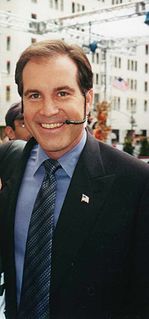A Quote by Andrew Ross Sorkin
I have always looked at the world through the prism of money to some degree. If you could follow the money, it explains a lot of things, in all sorts of aspects of the world. You can look at politics through the prism of money. You can look at art through the prism of money. You can look at sports through the prism of money.
Related Quotes
To walk in money through the night crowd, protected by money, lulled by money, dulled by money, the crowd itself a money, the breath money, no least single object anywhere that is not money. Money, money everywhere and still not enough! And then no money, or a little money, or less money, or more money but money always money. and if you have money, or you don't have money, it is the money that counts, and money makes money, but what makes money make money?
I think we create our world through stories. We use storytelling to escape or protect ourselves from the unimaginable and the horrible - from the real, in a way. It's like white light - if you put everyday reality through a prism you get this rainbow of colors that you couldn't see before. I'm interested in exploring the world to show the things that are invisible. And not just undocumented aspects of reality, but to actually make manifest things that have been hitherto invisible through the intervention of filmmaking.
































